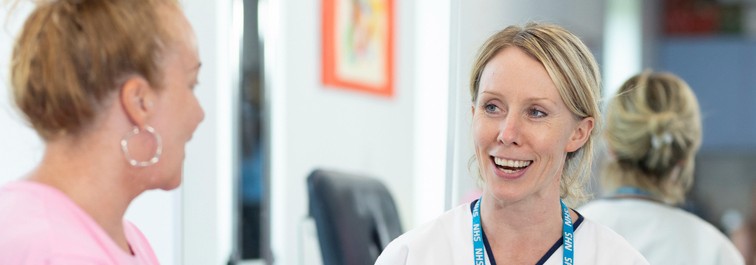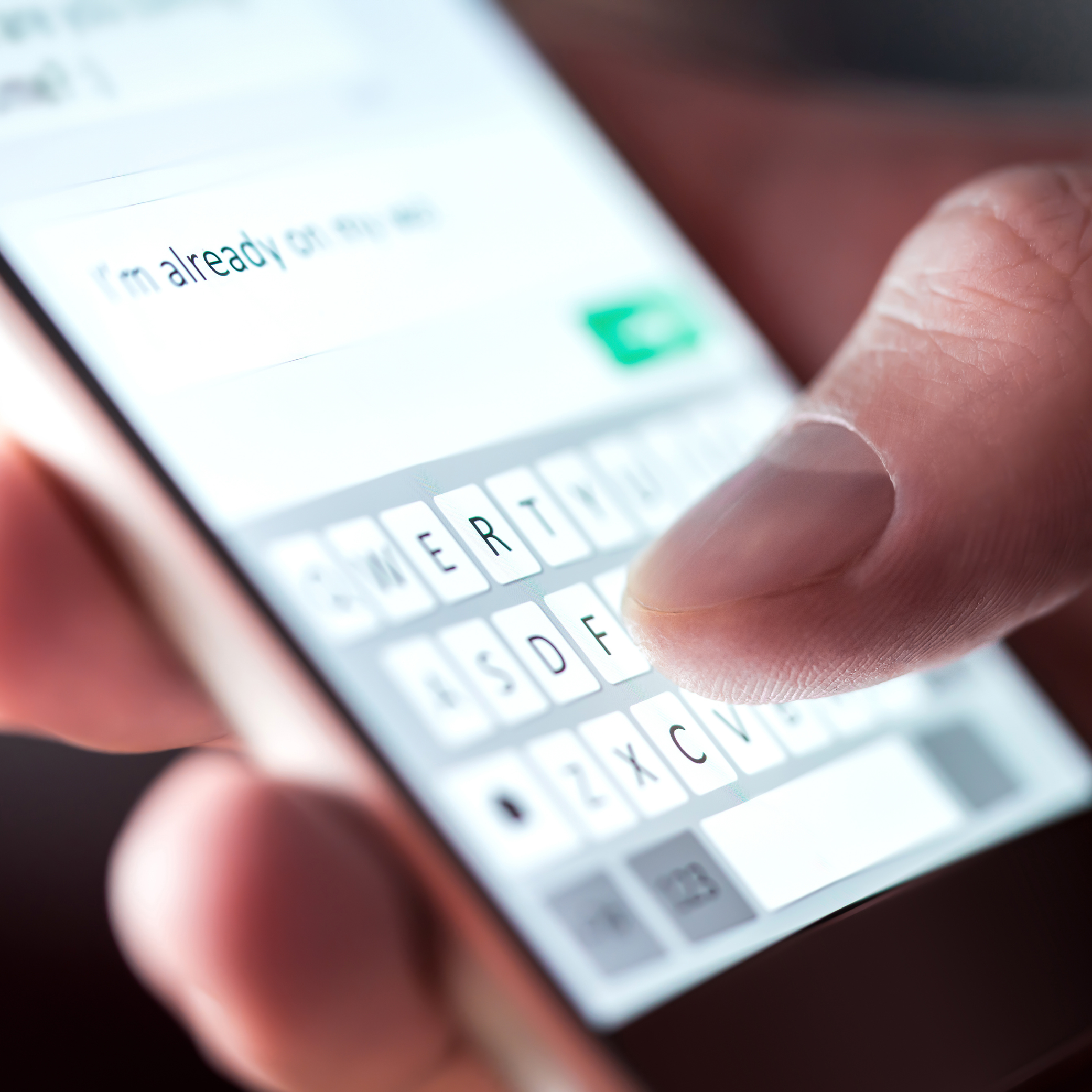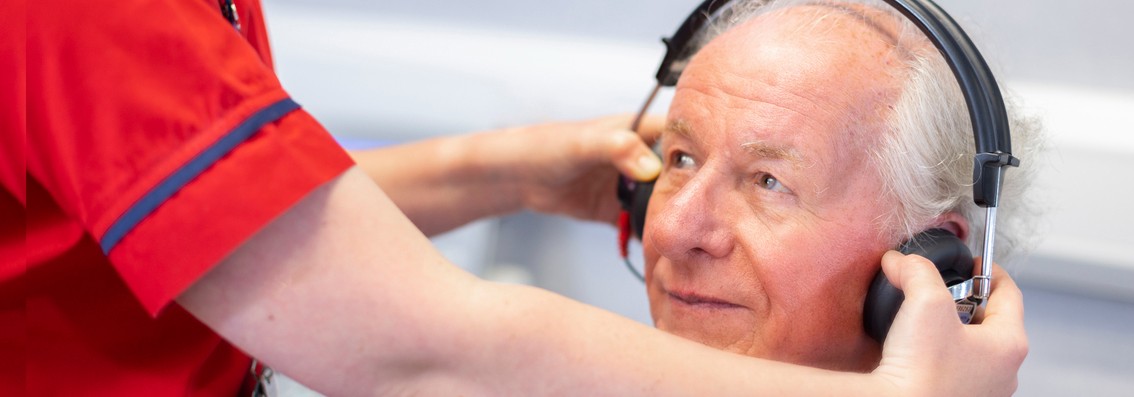Preparing for your arrival at our outpatient clinics
Please report to the clinic or follow the instructions on your appointment letter. If your appointment is in the main Outpatient department, clinics are clearly signposted as you enter the building. If you are unsure, there is an information desk where staff will be able to help you.
Should you require assistance with wheelchairs, please ask at the information desk and somebody will assist you.
It’s important that you bring your appointment letter with you.
Please report to the clinic or follow the instructions on your appointment letter. If your appointment is in the main Outpatient department, clinics are clearly signposted as you enter the building. If you are unsure, there is an information desk where staff will be able to help you.
Should you require assistance with wheelchairs, please ask at the information desk and somebody will assist you.
It’s important that you bring your appointment letter with you.
Many outpatient clinics now use self-check-in kiosks.
If your letter contains a barcode at the top, you can scan this in to the check-in kiosk, otherwise you will need to follow the instructions provided below.
How to use the self check-in kiosk
- Select the language you would like to use
- You will be asked whether you are male or female
- You will be asked to select the month of your birth
- You will be asked to select the date in the month you were born
- You will be asked for your postcode
- You will be asked to confirm your personal details
- You will be asked to take a seat in the waiting area
- If you are attending Royal Liverpool Hospital, you may be directed to take a seat in the atrium waiting area on the lower ground floor. There are large screens situated around the area and when the team are ready to begin your appointment, you will be called on one of these screens.
If there is no self check-in kiosk, please present your appointment letter or card to the receptionist on duty so they can book you into the clinic. The receptionist will ask you to confirm your personal details. It is very important that we have the correct information concerning your address and postcode, and your GP's address and postcode.
You will be asked to take a seat in the waiting room until the doctor is able to see you.
To help us make sure we provide the right type of service for all our patients, you will be asked to tell us about your ethnic origin. Please note that giving this information is voluntary.
Please visit our Privacy policy page.
In some clinics you may have one or more tests carried out before seeing the health care professional e.g. x-ray or bloods). You may also need to have one or more of the following: a weight or height measurement, blood pressure taken and your urine tested.
In clinic, you will be seen by a health care professional who may be part of a consultant's team e.g. doctor, specialist nurse, therapist etc. You may not see the same health care professional each time you have an appointment.
If you are keen to see one particular health care professional, please let the nurse know and we will try to help if we can. Please note, this is not always possible.
If you want a chaperone, please let the reception team know upon your arrival.
Please do not arrive more than 30 minutes before your appointment time, unless specified in your appointment letter. We always do our best to keep waiting times as short as possible, and aim to see most of our patients within half an hour of their appointment time. However, sometimes there are unavoidable delays and you may be kept waiting for any of the following reasons:
- The health care professional may need to spend extra time with some patients
- Emergency cases may have to be seen
- Health care professionals may be delayed or called away in an emergency
- Some patients arrive late.
In order for us to offer the best service we can, please help by informing the hospital as soon as possible if you are not able to attend your appointment. We may be able to give your appointment to someone else.
If the health care professional thinks you need tablets or treatment, they will normally write to your GP and ask them to prescribe the treatment for you.
If the treatment needs to be started quickly, the hospital will normally prescribe it for you, but will usually only give enough for a few days' supply.
Some types of medication are only available via hospital prescription which will be dispensed by the main hospital pharmacy.
When you are given a hospital prescription, you must take it to the Pharmacy department. You will be charged if you normally pay for your prescriptions.
The health care professional might decide that you should be admitted to hospital. They may not be able to give you a definite date for admission but should be able to give you an approximate idea of when it might be.
Your name will be put on the consultant's waiting list and you may be asked if you could come in at short notice, should a bed become available. If your condition changes while you are on the waiting list you should see your GP. They may wish to arrange for you to be seen again at the hospital.
If, for any reason, you no longer need or want your treatment, please inform the hospital so that your name can be removed from the waiting list.
You may be asked to have an x-ray. If you are pregnant, or think you may be pregnant, you must tell your health care professional.
Remember, x-rays can harm unborn children.
If your child needs an x-ray and you are pregnant, please bring somebody else to go with your child into the x-ray room.
As a teaching hospital, health care professionals including doctors, nurses, therapists and other staff are trained here. As part of their training, they sometimes meet and examine patients.
If you are asked to be involved in any training activity and would prefer not to, please tell the receptionist or nurse. This will in no way affect your treatment.




